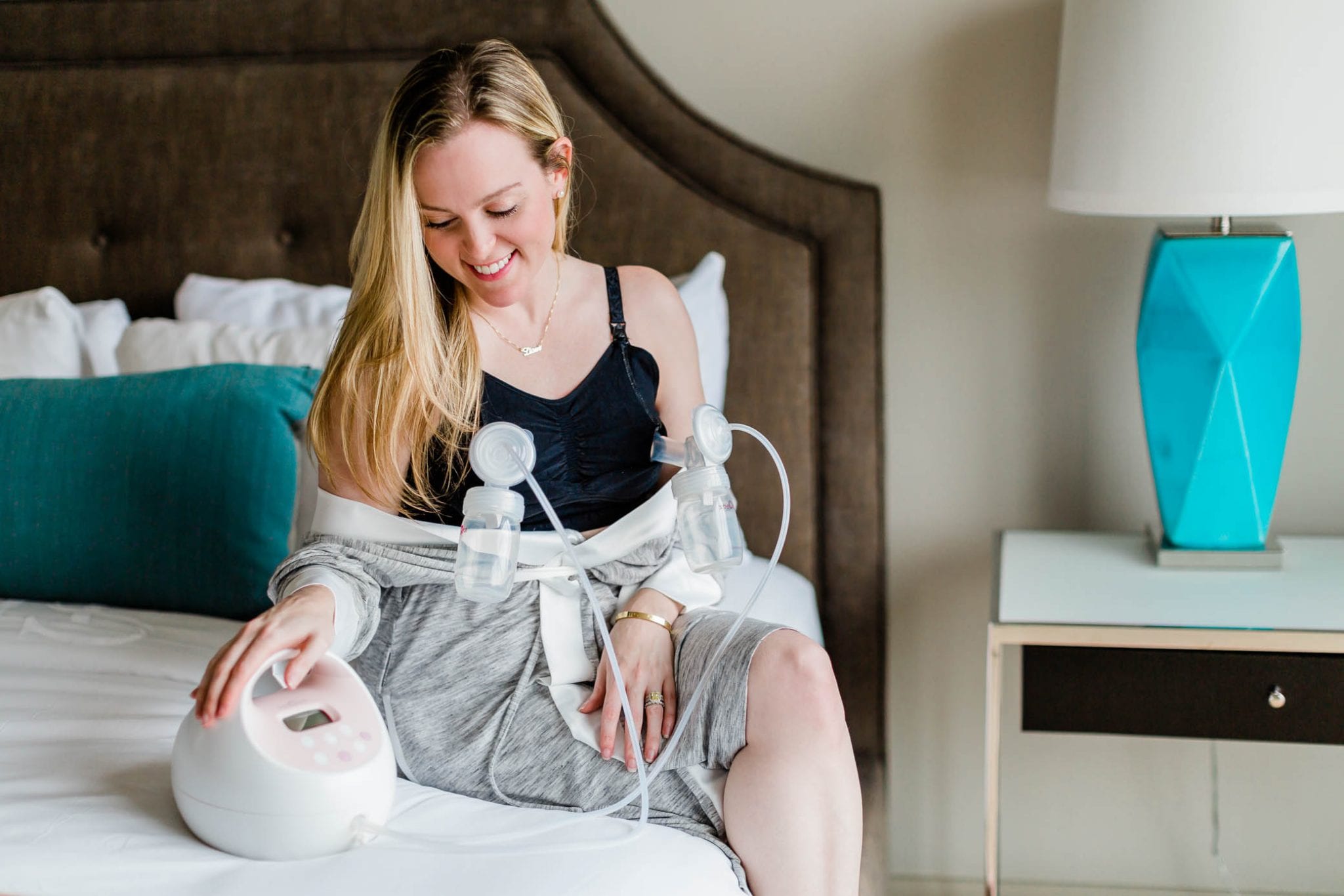The research reveals a significant link between excessive screen time, poor sleep quality, increased hyperactivity, and emotional issues in preschoolers, with sleep quality playing a mediating role
 Study: Screen time and behavioural problems among preschool children: unveiling the mediating effect of sleep quality. Image Credit: FamVeld / Shutterstock.com
Study: Screen time and behavioural problems among preschool children: unveiling the mediating effect of sleep quality. Image Credit: FamVeld / Shutterstock.com
A recent study published in Early Child Development and Care examines how screen time affects behavioral issues in preschool children and whether sleep quality mediates this relationship. By analyzing data from the mothers of preschool-aged children, researchers explore the links between screen time, sleep disruptions, and problems such as hyperactivity and emotional symptoms.
The behavioral effects of screen time
The growing prevalence of screen time in children’s lives has raised concerns about its potential impact on mental health and behavior. Excessive exposure to electronic screens has been associated with attention deficits, emotional disturbances, and reduced social interaction. Research also suggests that younger children are particularly vulnerable to these effects as compared to older children and adolescents.
Concurrently, sleep quality is recognized as a critical factor for healthy cognitive and emotional development. Poor sleep, which is often associated with excessive screen time, can disrupt brain function, increase emotional instability, and exacerbate behavioral issues.
Despite these observations, previous studies have reported conflicting results regarding the precise impact of screen time and its interplay with sleep quality on behavioral problems.
About the study
The present study surveyed 571 mothers of preschool-aged children in Shanghai, China, to investigate the effects of screen time on behavioral issues, with sleep quality acting as a mediating factor. These mothers were required to complete questionnaires using an online platform and report data on their children’s screen time, sleep habits, and behavioral problems.
Screen time was assessed using the Home Digital Practices Survey. All mothers documented the average daily time children spent on electronic devices, including televisions, smartphones, and tablets. The final screen time measure was calculated as a weighted average across weekdays and weekends.
Behavioral problems were also evaluated using the Strengths and Difficulties Questionnaire, which measures hyperactivity, emotional symptoms, and peer-related issues through 25 items scored on a three-point scale. Sleep quality was assessed using the Children’s Sleep Habits Questionnaire, which included six subcategories, including bedtime routines, sleep readiness, sleep duration, sleep anxiety, nocturnal awakenings, and daytime sleepiness.
All data were analyzed using descriptive statistics, correlation tests, and mediation analysis. The mediation analysis examined whether sleep quality mediated the link between screen time and behavioral problems.
This methodology allowed for a comprehensive examination of the proposed relationships and offered valuable insights into how screen time and sleep quality impact behavioral outcomes in young children. The current study adhered to ethical guidelines, and all study participants provided informed consent before completing the survey.
Study findings
Screen time was significantly associated with behavioral problems like hyperactivity and emotional symptoms in preschool children. Sleep quality was identified as a partial mediator in these relationships but did not mediate the association between screen time and peer problems.
Higher screen time was directly associated with increased hyperactive attention issues and emotional symptoms. More screen time was also found to impact sleep quality negatively, which subsequently contributed to worsening behavioral outcomes.
The mediation analysis revealed that sleep quality accounted for 26.7% of the relationship between screen time and hyperactivity, with 25% of this association between emotional symptoms and screen time. Sleep disturbances are a major pathway through which screen exposure affects emotional regulation and attention control in children.
No significant relationship was observed between screen time and peer problems. Although poor sleep quality was related to greater peer-related difficulties, screen time itself did not have a direct or mediated effect on these interactions. Thus, the role of screen exposure in social behavior may depend on age or developmental stage.
Correlational analyses supported these findings by demonstrating that screen time was negatively correlated with sleep quality and positively associated with hyperactivity and emotional symptoms. Boys exhibited higher hyperactivity and peer problems than girls; however, these gender differences were controlled for in the analysis.
Conclusions
Excessive screen time contributes to hyperactivity and emotional symptoms in preschool children, with sleep quality playing a partial mediating role. These findings emphasize the importance of reducing screen exposure and improving sleep quality to mitigate behavioral problems.
Future interventions should focus on educating parents about the risks of prolonged screen use and promoting better sleep habits to support healthy emotional and cognitive development in young children.
Journal reference:
- Zhou, S., Ding, W., Xiao, B., & Li, Y. (2024). Screen time and behavioural problems among preschool children: unveiling the mediating effect of sleep quality. Early Child Development and Care 1–11. doi:10.1080/03004430.2024.2393413.

 PARENTING TIPS
PARENTING TIPS PREGNANCY
PREGNANCY BABY CARE
BABY CARE TODDLERS
TODDLERS TEENS
TEENS HEALTH CARE
HEALTH CARE ACTIVITIES & CRAFTS
ACTIVITIES & CRAFTS

